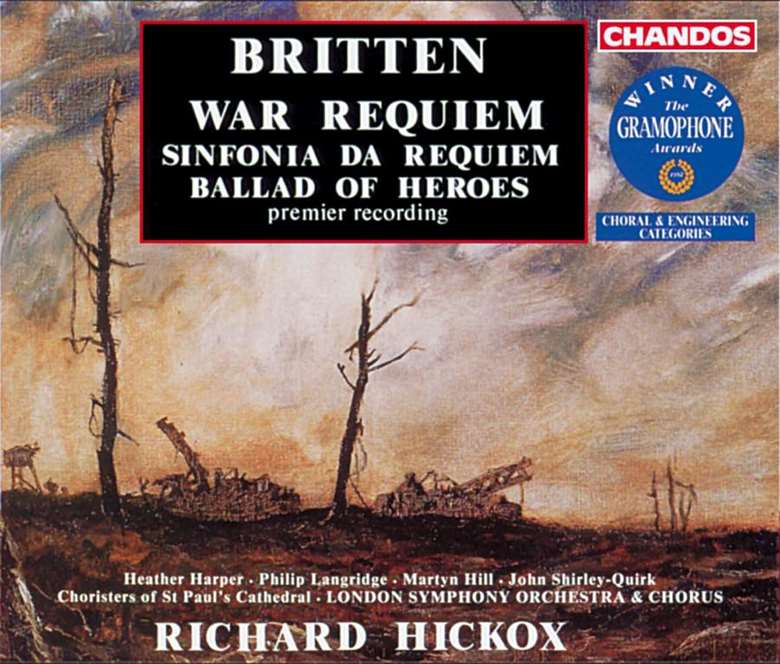The soprano Heather Harper has died
Gramophone
Tuesday, April 23, 2019
Born May 8, 1930; died April 22, 2019

Register now to continue reading
Thanks for exploring the Gramophone website. Sign up for a free account today to enjoy the following benefits:
- Free access to 3 subscriber-only articles per month
- Unlimited access to our news, podcasts and awards pages
- Free weekly email newsletter








